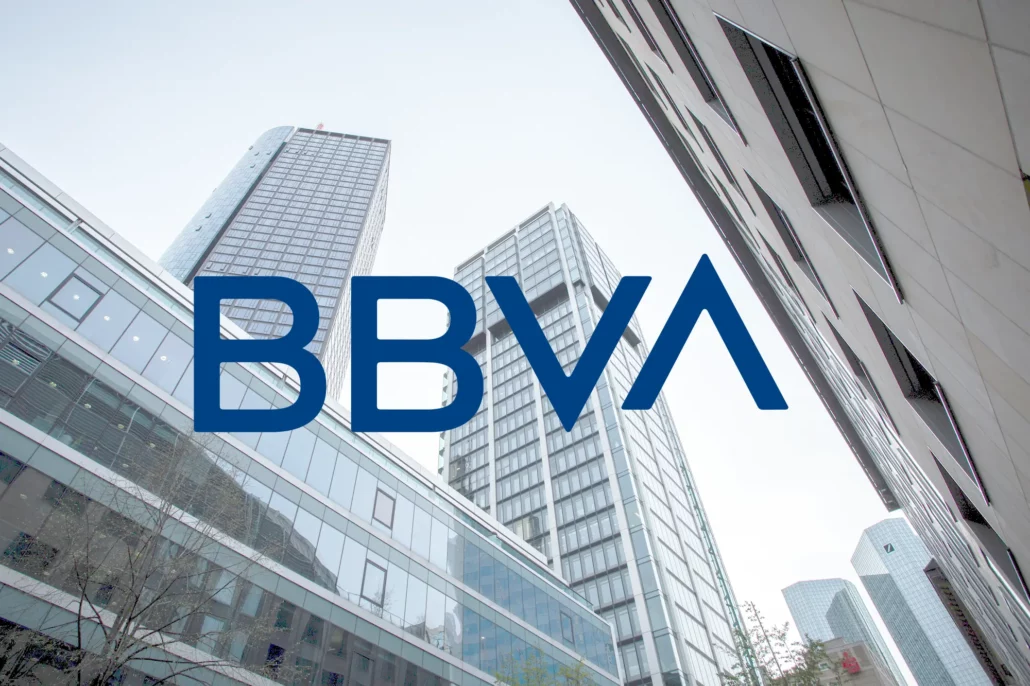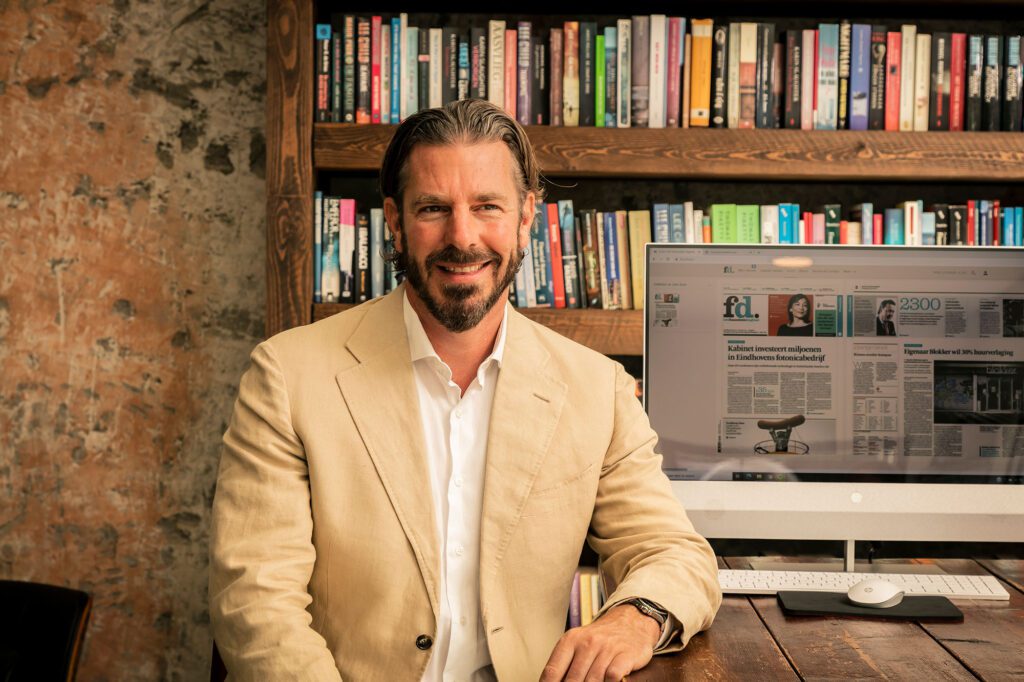
BBVA’s Hostile Takeover of Sabadell: What It Means for Spain and the European Banking Sector
On May 9, 2024, BBVA made a bold move in the banking world by launching a hostile takeover bid for Banco Sabadell. This bid was a direct attempt to purchase shares from Sabadell’s shareholders, bypassing the need for approval from Sabadell’s board. If BBVA’s plan succeeds, it will create the largest bank in Spain, with significant consequences for the entire European banking industry. This merger is more than just a business deal; it’s a potential game-changer that has been years in the making.
The Stakes for Small and Medium-Sized Enterprises (SMEs)
One of the most pressing concerns about this merger is its potential impact on small and medium-sized enterprises (SMEs) in Spain. Banco Sabadell has long been a key player in supporting SMEs, especially in the Cataluña region. These businesses rely heavily on the credit and financial services that Sabadell provides.
The fear is that if BBVA takes over, the focus might shift away from these smaller businesses, leaving them with fewer resources and opportunities to grow. This isn’t just a financial issue; it’s also about the social responsibility that comes with being a major bank. SMEs are the backbone of Spain’s economy, and any disruption in their access to credit could have ripple effects throughout the country.
Different Strategies, Different Challenges
Although BBVA and Banco Sabadell are both Spanish banks, they operate very differently. BBVA has a strong international presence, earning significant income from markets outside Spain, such as Mexico, the UK, and Turkey. On the other hand, Banco Sabadell is more focused on the Spanish market, with a much smaller global footprint.
This difference in strategy is both a challenge and an opportunity for the merger. For BBVA, acquiring Sabadell would strengthen its position in Spain while also providing a chance to integrate Sabadell’s operations into its global network. However, merging two banks with such different focuses will require careful planning and execution. The complexity of this task can’t be overstated, and it will be one of the biggest hurdles to overcome if the merger is to be successful.
The BBVA’s Hostile Takeover: A High-Stakes Gamble
The negotiations between BBVA and Banco Sabadell took a dramatic turn when BBVA decided to bypass Sabadell’s board and go directly to the shareholders. BBVA offered an exchange rate of 4.83 Banco Sabadell shares for each BBVA share, an aggressive move that underscores just how important this merger is for BBVA. Despite the complexities involved, BBVA’s CEO is confident that the takeover can be completed within six months.
This kind of hostile takeover is not without risks. By going directly to shareholders, BBVA has essentially upped the stakes, making it clear that they are determined to see this merger through, regardless of the challenges. This approach could pay off, but it could also lead to significant complications, especially if Sabadell’s shareholders or regulators push back.
Political and Economic Ripples
This merger isn’t happening in a vacuum. It has significant political and economic implications, especially within Spain. Banco Sabadell is headquartered in Cataluña, a region with a strong independence movement, while BBVA is based in Bilbao, in the Basque Country, another region with its own unique political landscape.
The merger could exacerbate regional tensions, particularly if job losses or reduced access to credit for local businesses become an issue. There’s also the broader concern of what this merger means for competition in Spain’s banking sector. A single, dominant bank could reduce competition, potentially leading to higher costs for consumers and businesses alike.
A New Era for Spanish and European Banking?
If BBVA’s hostile takeover of Banco Sabadell succeeds, the resulting merger will reshape the banking landscape in Spain and beyond. The new entity would be a dominant force in the market, with the power to influence not just the Spanish economy, but also the European banking sector as a whole.
However, this concentration of power is a double-edged sword. While a stronger, larger bank could be more competitive on the global stage, it could also reduce the diversity and competitiveness of the banking sector in Spain. This is a critical issue for regulators and policymakers who are tasked with balancing the benefits of a stronger bank against the potential downsides of reduced competition.
Looking Ahead: The Path to Merger
As we look to the future, BBVA has already taken steps to prepare for the merger. In late May 2024, they announced plans for a general shareholder meeting on July 5, where they will discuss raising capital for the acquisition. BBVA aims to issue over a billion new shares, with the goal of securing a controlling stake in Banco Sabadell. If they can obtain at least 50.01% of Sabadell’s capital, BBVA will move forward with the merger, pending regulatory approval.
Conclusion: A Pivotal Moment in Banking
The potential merger between BBVA and Banco Sabadell is one of the most significant developments in the banking world in recent years. It offers the promise of a stronger, more competitive bank, but it also raises important questions about the future of SMEs, regional politics, and market competition. As these discussions continue, all eyes will be on the outcome and its impact on the financial landscape.
For those interested in the financial markets, this is a moment to stay informed and be ready to adapt to the changes that could come.

Kaspar Huijsman
“It’s a jungle out there, Trade Saf€”
Kaspar is founder of the Academy for Investors and CEO of the regulated broker Hugo Investing. He has over 26 years of financial industry experience. With a mission to empower both private and professional investors to become better at investing, Kaspar and his team draw on their combined 60 years of experience working closely with investors. They deeply understand the mistakes beginners often make and the opportunities they may overlook. Kaspar loves to share his expertise, inspiring and guiding investors on their journey to becoming more skilled traders and investors.
Founder of https://academy-for-investors.com/
CEO of https://hugoinvesting.com/
Vlogger at https://www.youtube.com/c/hugoinvesting
LinkedIN https://www.linkedin.com/in/kasparhuijsman/
Former CEO BinckBank Spain https://www.binckbank.com/hugoinvesting
Former CEO Saxo Bank Spain https://www.home.saxo/about-us
Co-founder Alex Beleggersbank https://nl.wikipedia.org/wiki/Alex_(bank)
The information in this article should not be interpreted as individual investment advice. Although Academy for Investors compiles and maintains these pages from reliable sources, Academy for Investors cannot guarantee that the information is accurate, complete and up-to-date. Any information used from this article without prior verification or advice, is at your own risk. We advise that you only invest in products that fit your knowledge and experience and do not invest in financial instruments where you do not understand the risks.
